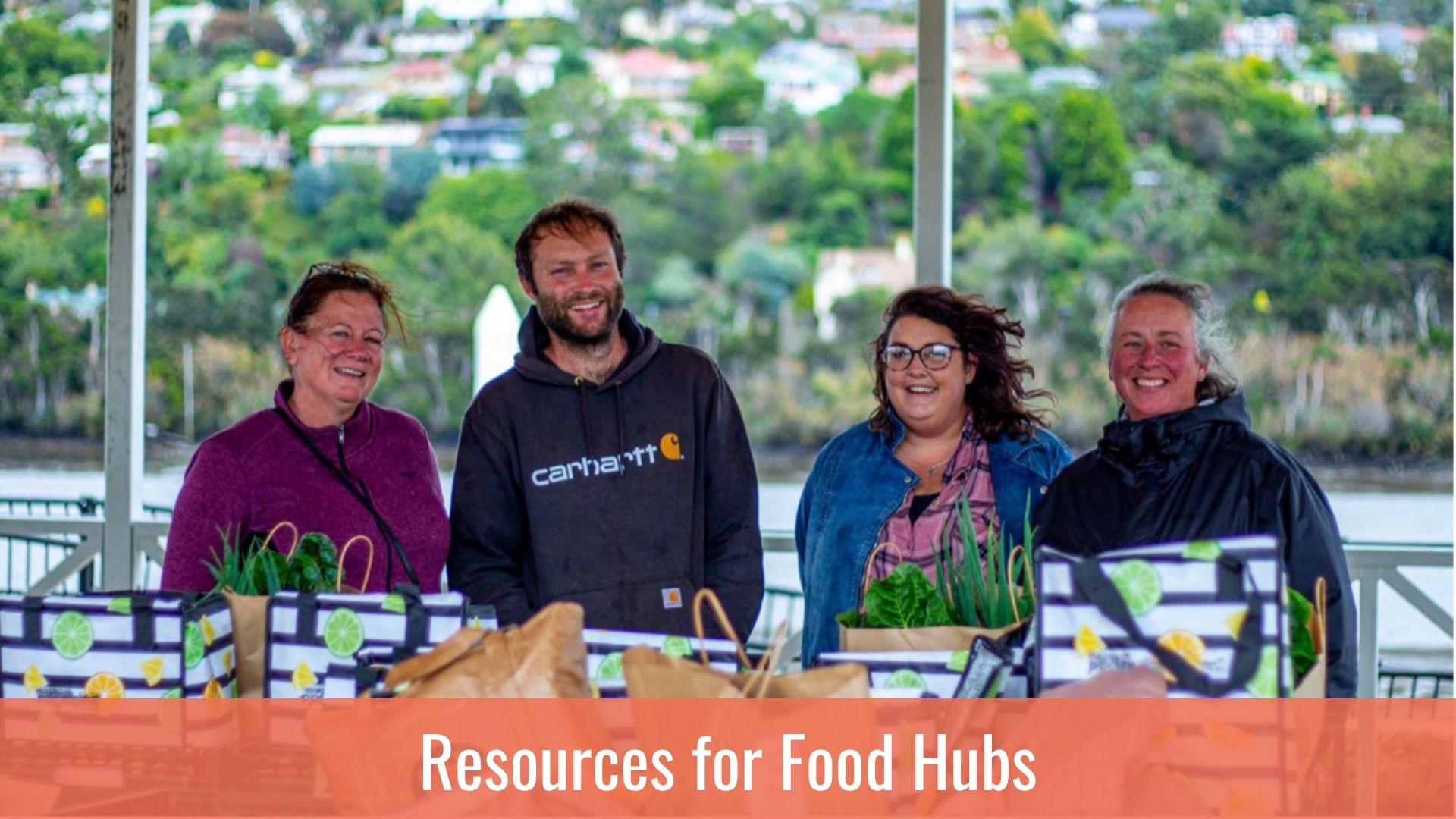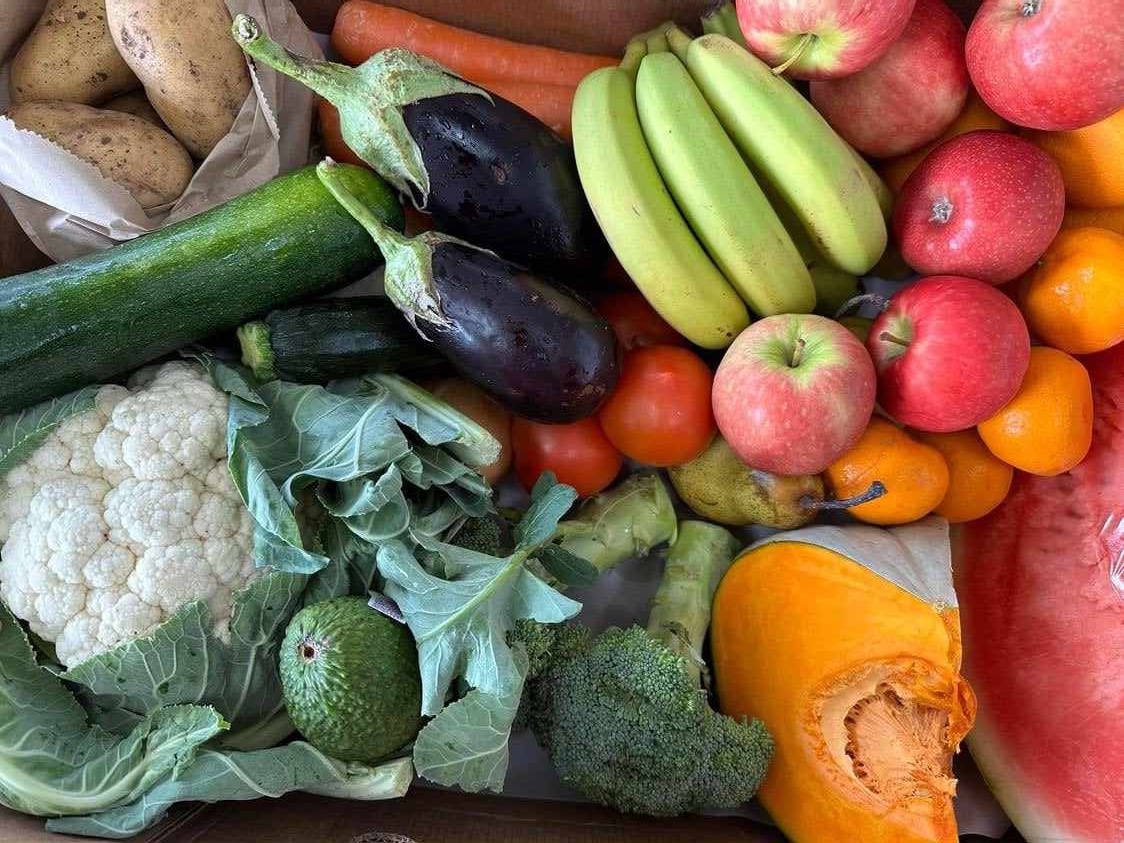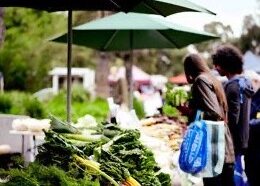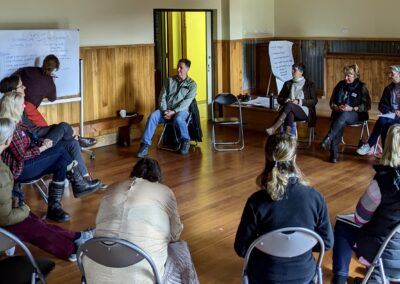Food hubs source local produce (e.g. meat, dairy, bread, seasonal fruit and vegetables and even drinks) and sell them through a hubs to the local community.
It’s a great model for everyone involved:
- Farmers and producers are able to get a fair price for their products and don’t need to focus as much of their attention on marketing and distributing them.
- Consumers are able to find and buy fresh, delicious local produce and are more connected to where their food comes from.
- The Food Hub becomes a place to gather in the community, connecting farmers and producers to each other and the people who buy food.
Food hubs range in scale from volunteer-run buying groups using temporary spaces for receipt and packing of goods (like community or school halls, churches and garages) to permanent and well-established hubs providing a variety of business, educational and/or food access services.
The Open Food Network has been working with food hubs for over ten years, and has put together a huge list of resources for new and established community food enterprises. Access them through the link below.
Latest Resources
Can we help?
Have an idea, a project or a question? Want help using the Open Food Network software? Get in touch and find out how we can help you with it.
Keep in touch
Join us
Create a listing, shop or group directory on the Open Food Network. Tell me more!
Read our Terms and conditions | Find us on GitHub
Open Food Network is a free and open source software platform. Our content is licensed with CC BY-SA 3.0 and our code with AGPL 3.
We take good care of your data. See our cookies policy
Open Food Network respectfully acknowledges the traditional custodians of the unceded lands on which we meet, work and live. We pay our respects to their Elders, past, present and emerging and acknowledge their deep spiritual relationship to country.

